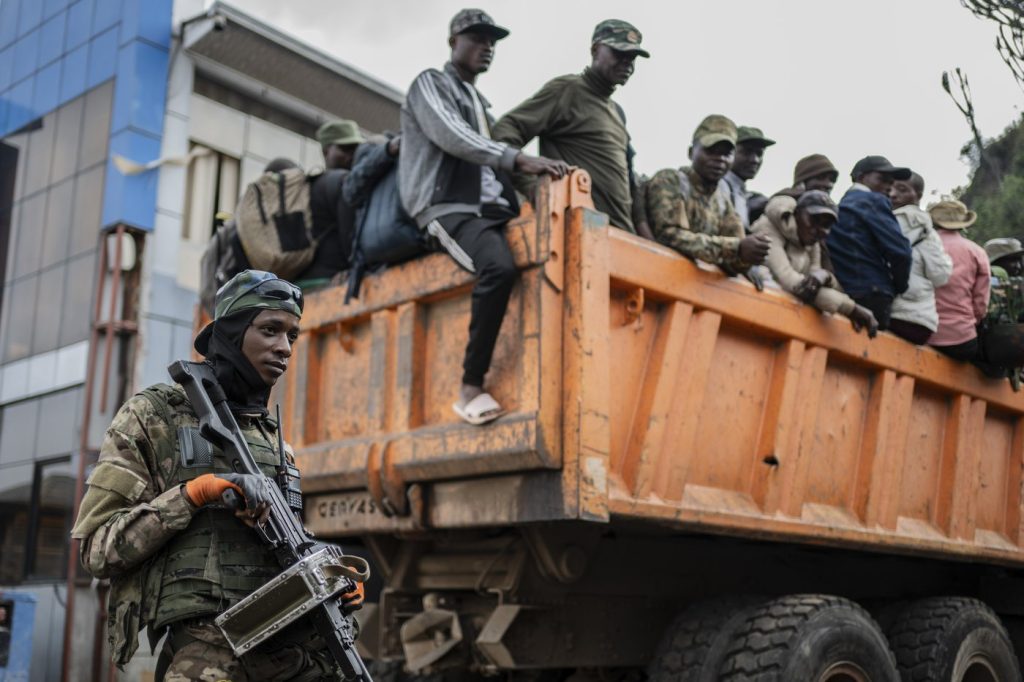GOMA, Congo (AP) M23 rebels, reportedly backed by Rwanda, entered the strategic town of Walikale in eastern Congo late Wednesday, as confirmed by residents and civil society leaders. This development occurred just a day after the presidents of Congo and Rwanda called for an immediate ceasefire during unexpected talks in Qatar.
Former provincial deputy Prince Kihangi confirmed the rebels' presence by stating, “The information is confirmed: the rebels are visible at the monument and at the Bakusu group office.” With the capture of Walikale, the M23 effectively seized control over a crucial road that links four provinces in eastern Congo—North Kivu, South Kivu, Tshopo, and Maniema—thereby disrupting the positions of the Congolese army.
Civilians in Walikale have reported heavy artillery fire throughout the day, which subsided in the evening to sporadic gunfire. Fiston Misona, a civil society activist in the area, expressed deep concern, saying, “Our Congolese army is no longer fighting. It’s as if we were being sacrificed.” There has been no immediate response from either the M23 or the Congolese government regarding these alarming developments.
This escalation of violence follows a failed attempt to bring representatives from Congo's government and M23 to the negotiation table earlier in the week. The M23 pulled out of ceasefire negotiations after the European Union imposed sanctions on the rebel leaders. The ongoing conflict in eastern Congo has its roots stretching back over several decades, but the current escalation can be traced back to January when Rwanda-backed rebels made significant advances, including their capture of the strategic city of Goma. The situation worsened further with M23's seizure of Bukavu in February.
M23 is among over 100 armed groups operating in eastern Congo, a region that is rich in minerals and has thus witnessed prolonged conflict. This ongoing turmoil has resulted in what is considered one of the world's largest humanitarian crises, displacing more than 7 million people. Reports from U.N. experts suggest that the M23 benefits from approximately 4,000 troops from Rwanda, and the group has indicated intentions to march as far as Kinshasa, the capital of Congo, located about 1,600 kilometers (approximately 1,000 miles) to the west.
Last month, the U.N. Human Rights Council initiated a commission to investigate possible atrocities, including allegations of rape and summary executions committed by both sides in the conflict. The area surrounding Walikale is particularly significant due to its abundant mineral resources, including the largest tin deposits in Congo and major gold mines. Notably, the Bisie tin mine, situated around 60 kilometers (35 miles) northwest of Walikale, is responsible for a considerable portion of North Kivu’s tin exports. Due to the advancing rebels, its operator, Alphamin Resources, announced a temporary halt in mining operations.










